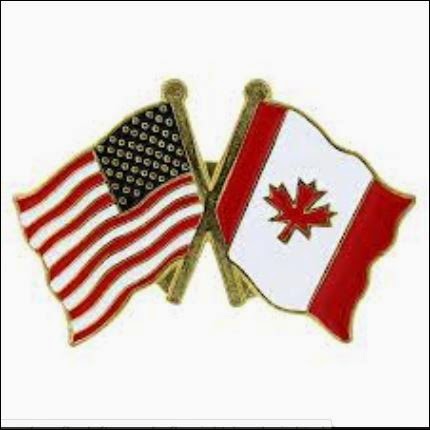Will U.S. Pass The Acts That Gives Canadian Visitors That Extra Two Months
The study by the University’s Bureau of Economic and Business Research revealed that Florida’s five-million population over 55 swelled by more than a million people every winter, and 82 per cent of these snowbirds came from Canada.
The study’s author, Professor Stanley K. Smith, says that not only are the number of snowbirds continuing to increase, encouraged by a dollar at par and cheaper real estate, they’re also getting younger as baby-boomers hit retirement.
But one key finding of the study undoubtedly pleased Florida officials: 81 per cent of snowbirds spending their winters in Florida actually own their secondary home in the sunshine state.
Canadians are the biggest foreign purchasers of U.S. residential real estate and own an estimated $50 billion worth in Florida alone.
But when they come to seal the deal for a winter home in the U.S., Canadians will find the tax laws seem complex, especially if the home is rented out while the homeowner is away. And if a homeowner dies while retaining ownership, his winter home will also be subject to U.S. estate-tax laws.
Canadians love to spend their winters in the U.S. sunbelt and they make their presence felt: spending $5 billion spent last year, just in the big-four sunshine states of Florida, Arizona, Texas and California (Canadian Snowbird Association).
But even if the U.S. passes the acts and gives Canadian visitors that extra two months of sunshine and golf, Canadian provinces still have to be persuaded to also extend their health coverage for the out-of-country sun seekers.




Comments
Post a Comment